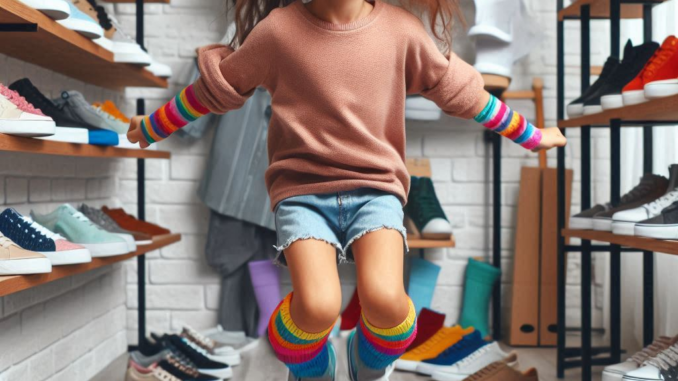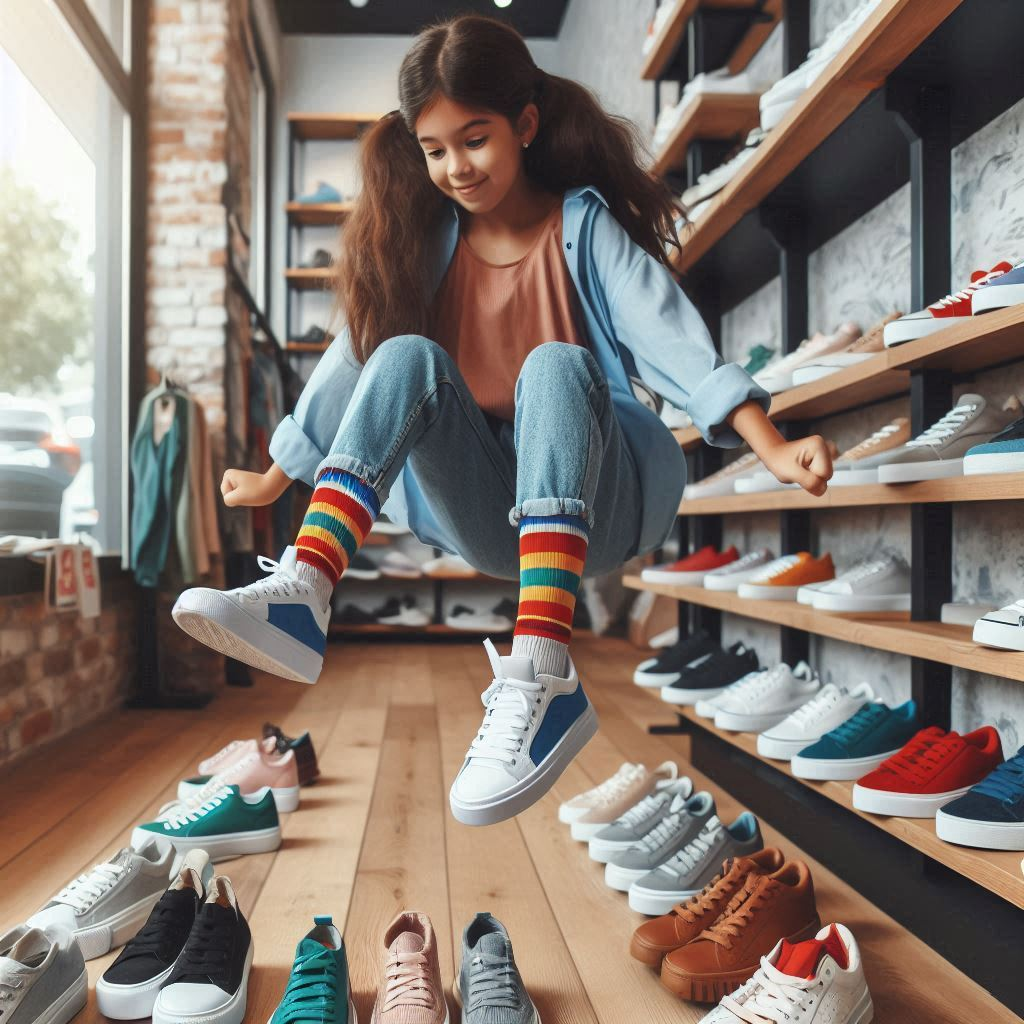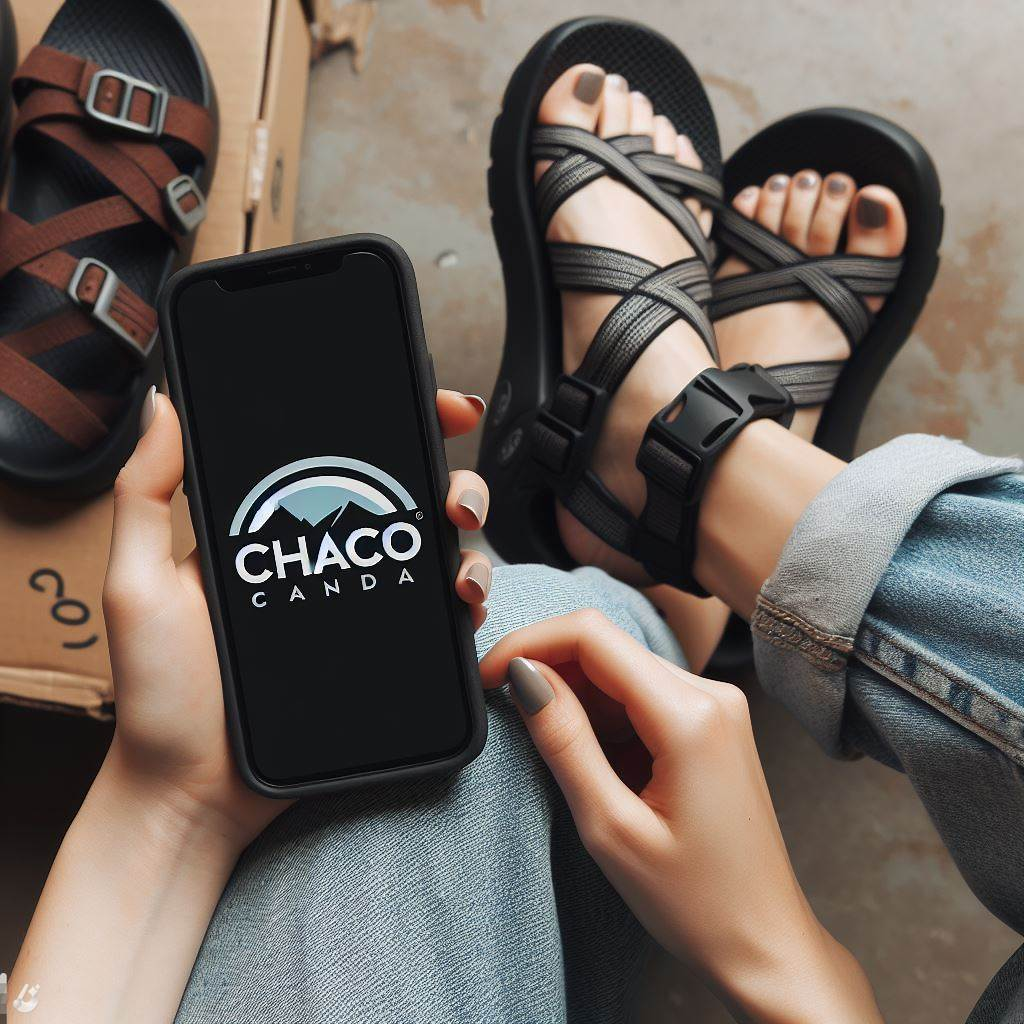
Shoe Sensation Secrets: Comfort for Your Feet
Ever wondered why some shoes feel like clouds on your feet while others leave you wincing with every step? Welcome to the world of shoe sensation! Whether you’re a fitness enthusiast, a fashion lover, or simply someone who values comfort, understanding shoe sensation is key to happy, healthy feet. In this comprehensive guide, we’ll dive deep into the art and science of finding footwear that truly feels fantastic. Get ready to discover the secrets behind that perfect shoe sensation!
Quick Answer: What is Shoe Sensation?
Shoe sensation refers to the overall feeling and comfort experienced when wearing shoes. It encompasses factors like fit, support, cushioning, and responsiveness. The perfect shoe sensation varies from person to person but generally includes a snug yet comfortable fit, adequate support for your foot type, and materials that allow your feet to breathe.
The Science Behind Shoe Sensation

To truly appreciate shoe sensation, we need to understand the intricate relationship between our feet and our footwear. Let’s break it down:
Anatomy of the Foot
Our feet are marvels of engineering, with 26 bones, 33 joints, and over 100 muscles, tendons, and ligaments. This complex structure allows for a wide range of motion and supports our entire body weight. When choosing shoes, we need to consider how they interact with these various components.
The Role of Arch Support
One of the most critical aspects of shoe sensation is arch support. Our feet have three types of arches:
- Medial longitudinal arch (the main arch along the inside of the foot)
- Lateral longitudinal arch (along the outer edge of the foot)
- Transverse arch (runs across the midfoot)
Proper arch support helps distribute weight evenly across the foot, reducing strain on muscles and ligaments. This is why shoes with good arch support often feel more comfortable, especially during long periods of standing or walking.
The Importance of Cushioning
Cushioning in shoes serves two main purposes:
- Absorbing shock from impact with the ground
- Providing comfort by reducing pressure points
Different activities require varying levels of cushioning. For example, running shoes typically have more cushioning than dress shoes to absorb the repeated impact of foot strikes.
Finding Your Perfect Fit: The Key to Shoe Sensation
Now that we understand the science, let’s talk about how to find shoes that provide that amazing sensation. Here are some key factors to consider:
1. Know Your Foot Type
Understanding your foot type is crucial for finding the right shoes. There are three main foot types:
- Neutral feet: Have a normal arch and pronate (roll inward) slightly when walking
- Flat feet: Have low or no arches and tend to overpronate
- High arches: Have pronounced arches and may supinate (roll outward) when walking
Knowing your foot type can guide you towards shoes that provide the right level of support and stability.
2. Consider Your Activity
Different activities place different demands on your feet. Here’s a quick guide:
| Activity | Shoe Features to Look For |
|---|---|
| Running | High cushioning, good arch support, breathable materials |
| Walking | Flexible sole, moderate cushioning, good arch support |
| Hiking | Sturdy construction, good traction, water-resistant materials |
| Everyday wear | Comfortable fit, moderate support, versatile style |
3. Pay Attention to Materials
The materials used in shoes can significantly impact their sensation. Here are some common materials and their properties:
- Leather: Durable, molds to your feet over time, but may require breaking in
- Mesh: Lightweight and breathable, great for athletic shoes
- Memory foam: Provides personalized cushioning, but may compress over time
- EVA (Ethylene-vinyl acetate): Lightweight and flexible, commonly used in athletic shoe soles
Personal Anecdote: My Shoe Sensation Journey

Let me share a quick story about my own experience with shoe sensation. For years, I struggled with foot pain, especially after long days at work. I tried countless shoes, from expensive designer brands to budget-friendly options, but nothing seemed to help. It wasn’t until I visited a specialized shoe store and had my feet properly measured and analyzed that I discovered I had been wearing the wrong size and type of shoes for my high arches.
The salesperson introduced me to a brand I’d never heard of before, known for their exceptional arch support. When I slipped on those shoes, it was like a revelation. For the first time in years, I felt truly comfortable. The sensation was incredible – like my feet were being gently cradled with every step. Since then, I’ve become a bit of a shoe sensation enthusiast, always on the lookout for that perfect combination of comfort and style.
Tips for Maintaining Optimal Shoe Sensation
Once you’ve found shoes that provide that amazing sensation, you’ll want to keep them feeling great. Here are some tips:
- Rotate your shoes: Wearing the same pair every day doesn’t give them time to fully dry out and regain their shape. Aim to rotate between at least two pairs.
- Clean regularly: Follow the manufacturer’s instructions for cleaning. Generally, a soft brush and mild soap work well for most shoes.
- Use shoe trees: These help maintain the shape of your shoes and absorb moisture.
- Replace worn insoles: Over time, insoles can compress and lose their supportive properties. Replacing them can breathe new life into your favorite shoes.
- Know when to let go: Even the best shoes wear out eventually. If you start noticing decreased support or comfort, it might be time for a new pair.
The Future of Shoe Sensation
As technology advances, so does the science of shoe sensation. Here are some exciting developments to watch out for:
- 3D-printed custom shoes: Some companies are already offering shoes tailored to individual foot scans for a perfect fit.
- Smart shoes: Shoes with built-in sensors can provide real-time feedback on your gait and suggest improvements.
- Advanced materials: New materials are being developed that offer better breathability, durability, and comfort.
- Sustainability: Look for more eco-friendly options as manufacturers focus on reducing environmental impact.
Frequently Asked Questions About Shoe Sensation
Q: How often should I replace my shoes?
A: It depends on usage, but generally, athletic shoes should be replaced every 300-500 miles or every 6-8 months for regular use. Casual shoes can last longer but should be replaced when you notice decreased comfort or visible wear.
Q: Can insoles improve shoe sensation?
A: Yes! Quality insoles can enhance arch support, provide additional cushioning, and improve overall comfort, especially in shoes that lack these features.
Q: Is it better to buy shoes in the morning or evening?
A: It’s best to shop for shoes in the late afternoon or evening when your feet are slightly swollen from daily activities. This ensures you get a comfortable fit throughout the day.
Embracing the Perfect Shoe Sensation
Finding that perfect shoe sensation is a journey, but it’s one worth taking. By understanding the science behind shoe comfort, considering your unique foot type and needs, and properly caring for your shoes, you can experience the joy of truly comfortable footwear. Remember, the right shoes don’t just feel good – they can improve your posture, reduce fatigue, and even boost your overall well-being.
So, the next time you’re shopping for shoes, take a moment to really focus on how they feel. Don’t settle for anything less than amazing. Your feet will thank you, and you’ll be one step closer to experiencing the ultimate shoe sensation!
What’s your idea of the perfect shoe sensation? Have you found a brand or style that feels like it was made just for you? Share your experiences in the comments below – we’d love to hear about your shoe sensation journey!


Leave a Reply